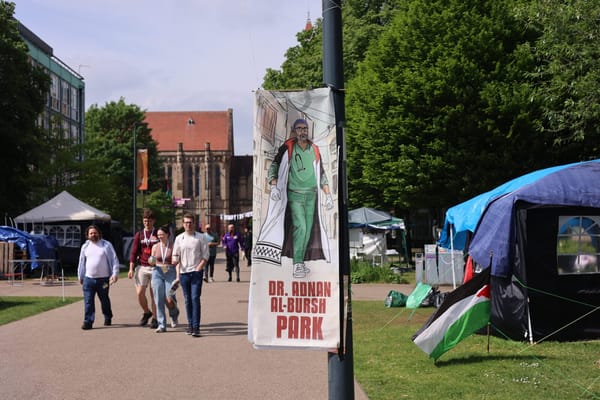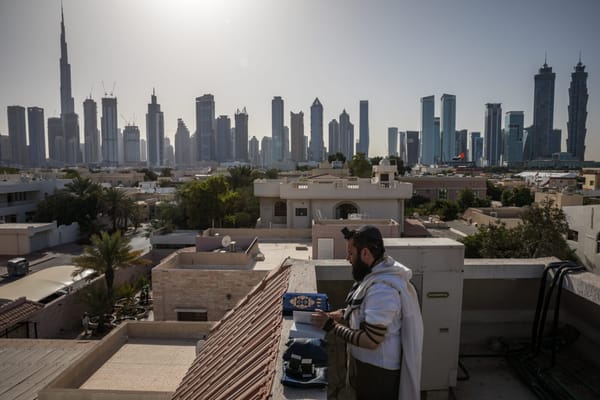Sami Zubaida, an exceptional scholar of Middle Eastern political sociology, law and culinary culture, passed away in London on April 6, 2025. Born to an Iraqi Jewish family, Sami left Iraq to pursue higher education in the United Kingdom. He received his BA degree from the University of Hull and his MA degree from the University of Leicester. In 1972, he co-founded the Department of Politics and Sociology at Birkbeck, University of London, where he served as a Reader and later Emeritus Professor. His courses, including, Political Sociology and Religion, Culture and Politics were loved by his students, who have continued to teach versions of his course syllabuses.
Sami supervised many PhD students and was incredibly generous with his knowledge and time. He had a subtle and incisive mind—able to spot patterns, make counterintuitive connections and discern subterranean social and political processes in ways which made him a luminary amongst his students, colleagues and friends. He was also a refreshingly sane and down to earth intellectual, skeptical of some of the obscurantism creeping into the social sciences and humanities. In contrast, his own writings displayed an elegance, sophistication and accessibility, which made them very popular amongst students, academics and ordinary readers. Sami's academic work ranged across the sociology of Islam, nationalism, Iraqi politics and food cultures. Consistently challenging Orientalist narratives, his essays on the sociology of Islamic movements, the state and society and cosmopolitanism were published in two volumes Islam, the People and the State (1989) and Beyond Islam (2010), both of which were widely read and have become state-of-the-art textbooks in the field of the sociology of Islam.
Beyond this work, he had a profound interest in food culture. He co-edited A Taste of Thyme: Culinary Cultures of the Middle East (1994) and Food, Politics, and Society: Social Theory and the Modern Food System (2018), exploring how food cultures reflect the region's diverse identities, economies and histories. He had a deep appreciation of food around the world, especially the cuisine of southwest France, where he spent summers with his family. He knew every local market in the region, carefully selecting each ingredient to create delicious meals for his loved ones.
He was co-founder, along with Fred Halliday, Talal Asad and Roger Owen, of the Middle East Study Group (MESG), an informal circle of academics, journalists and students who meet regularly to discuss the issues of the day—both political and theoretical. These meetings were often followed by parties at his beautiful home in North London where Sami would spoil the guests with his considerable culinary talents. A wonderful host and a bon vivant, he was in his element at these social occasions, where he would sometimes recite poetry and sing old Iraqi songs, often finishing with his iconic hearty laughter, which was so infectious. The MESG still meet regularly and is one of the multiple legacies left behind by Sami.
Sami was a regular contributor to publications like Economy and Society, Middle East Report and Open Democracy and held visiting positions at universities around the world, including the American University of Beirut, American University of Cairo and New York University.
Sami Zubaida's legacy endures through his significant body of work, which continues to influence scholars and students interested in the Middle East's political and sociological dynamics. His memory is also carried on by his wife Connie, and his daughter, Jess. He was an exceptional person and cherished friend, and he will be profoundly missed.
This obituary was originally published by the British Society for Middle Eastern Studies on April 28, 2025.
Read the previous article in MER issue 314 “New Gender Frontlines.”
Written by
This article was published in Issue 314.









